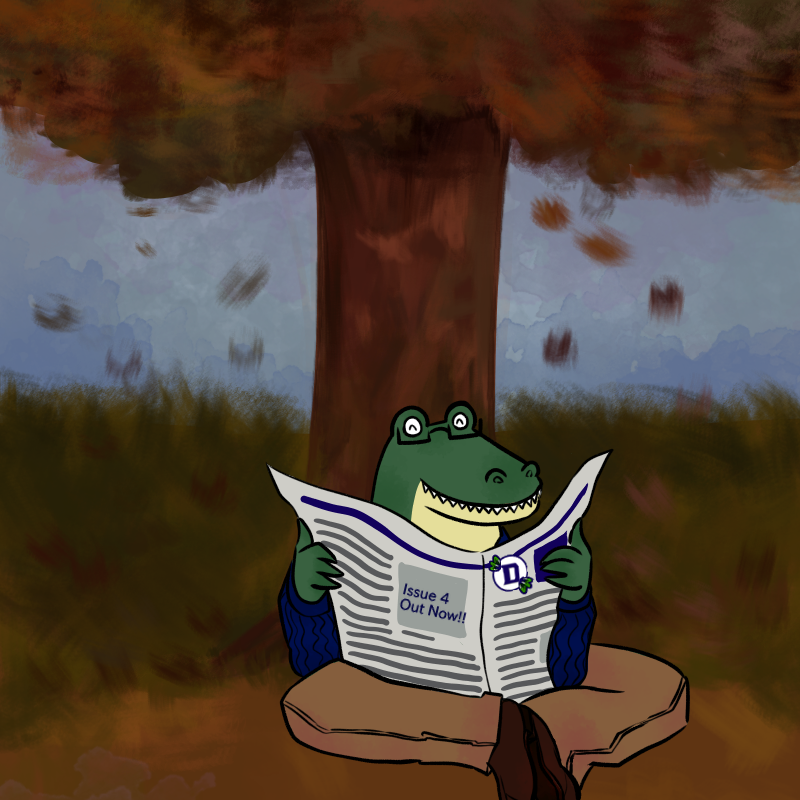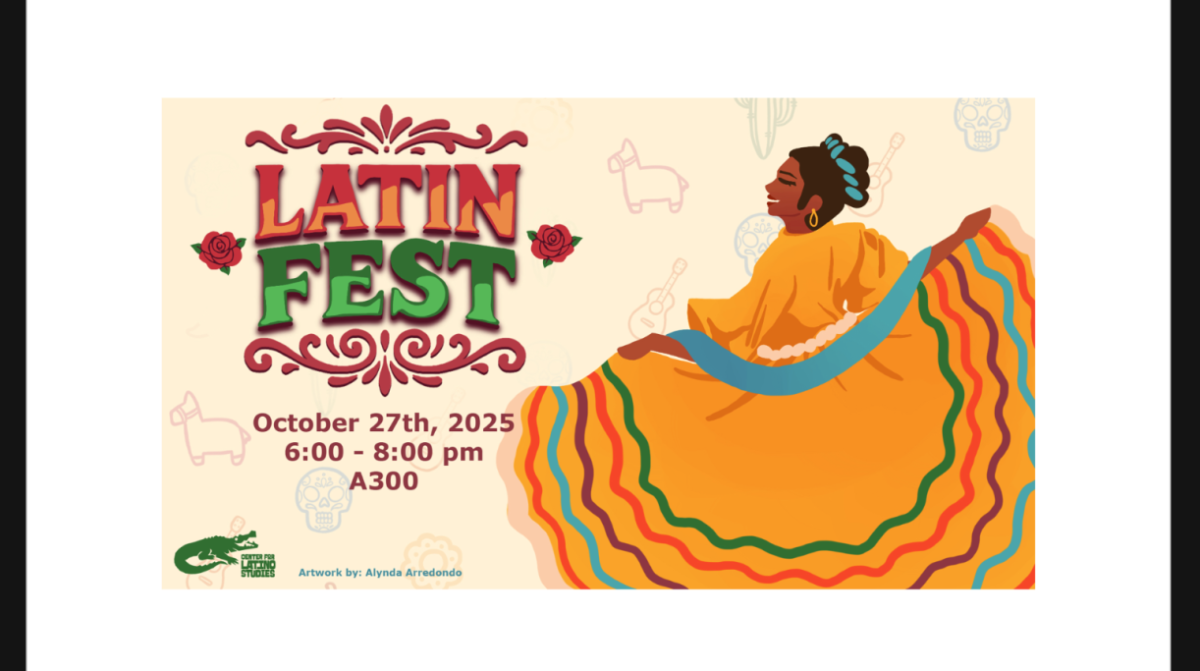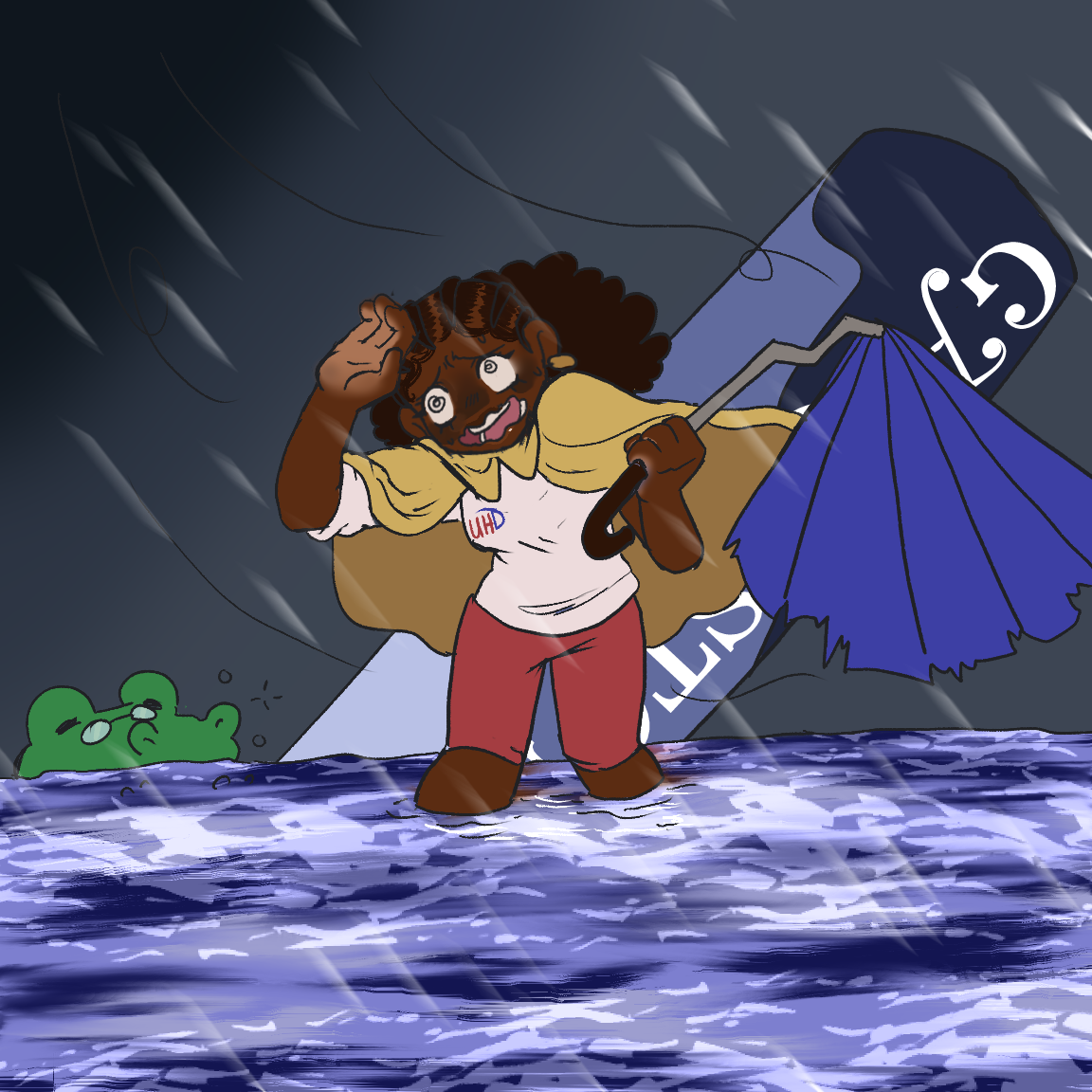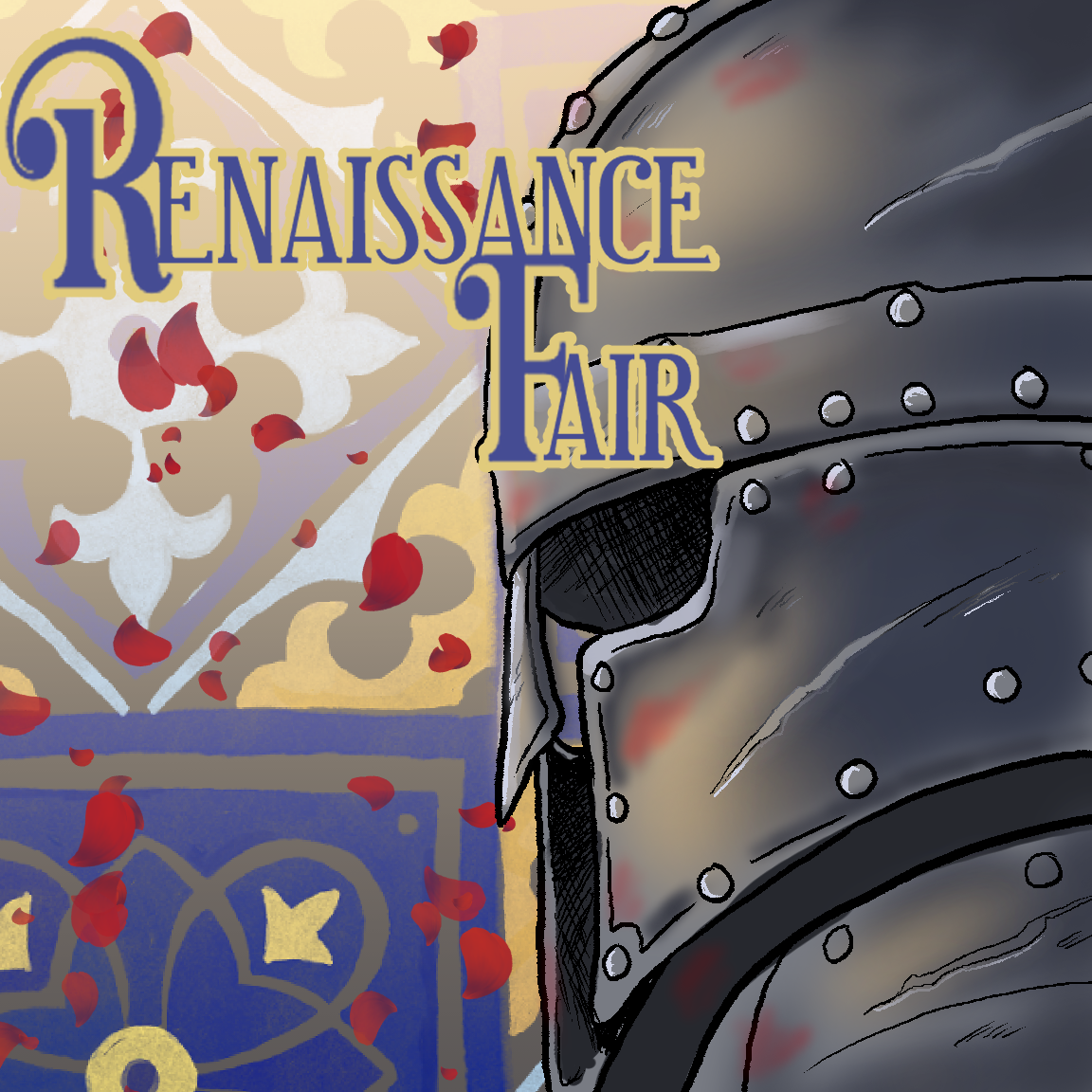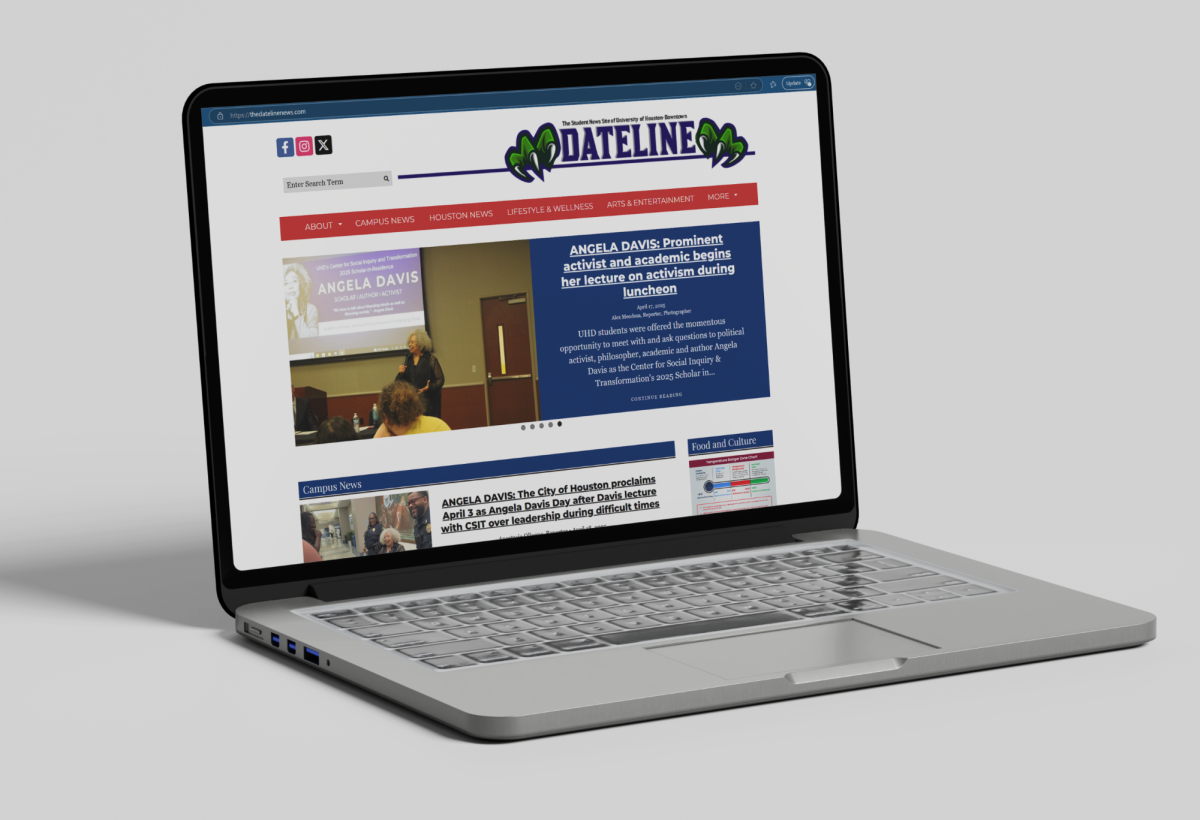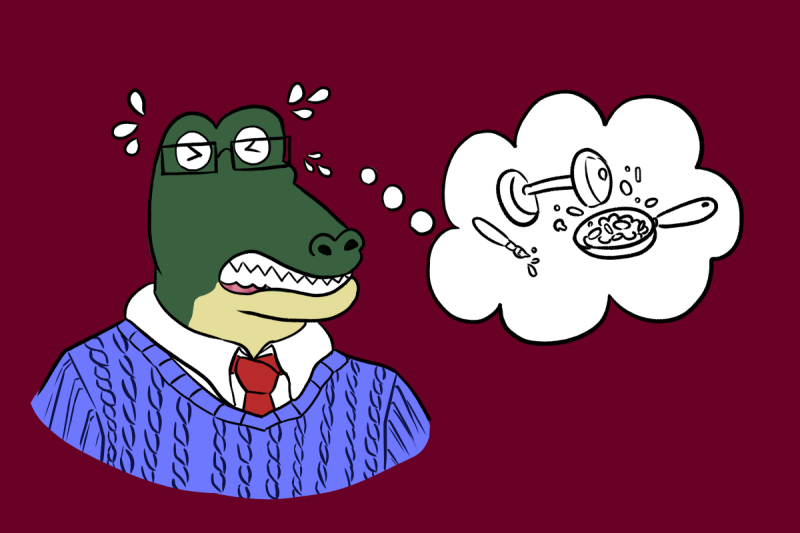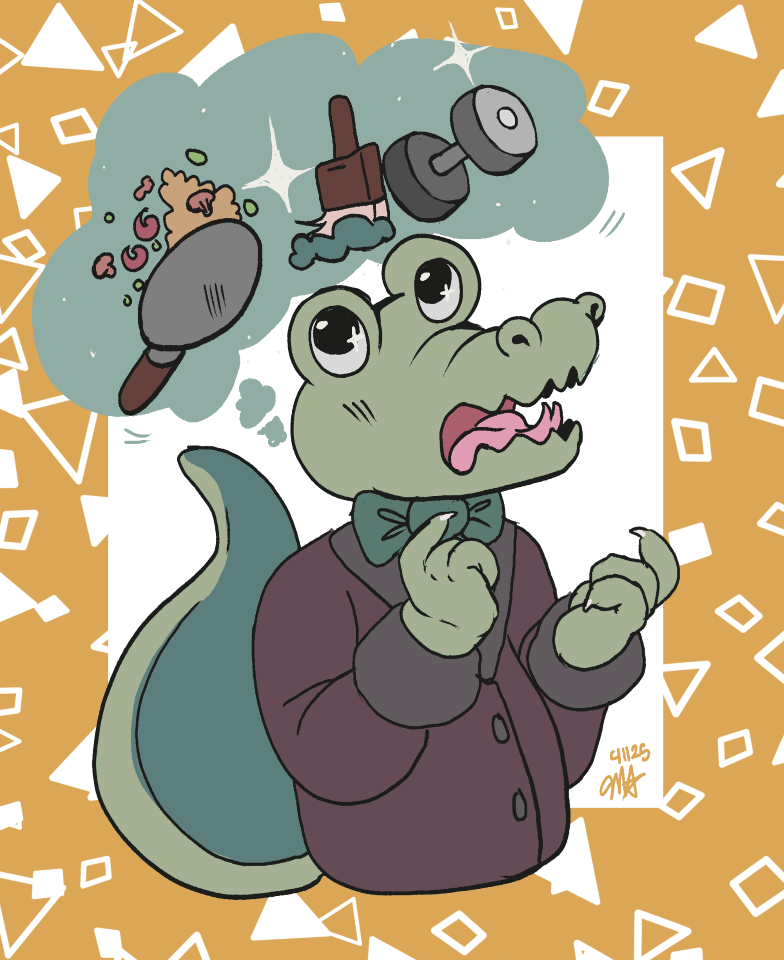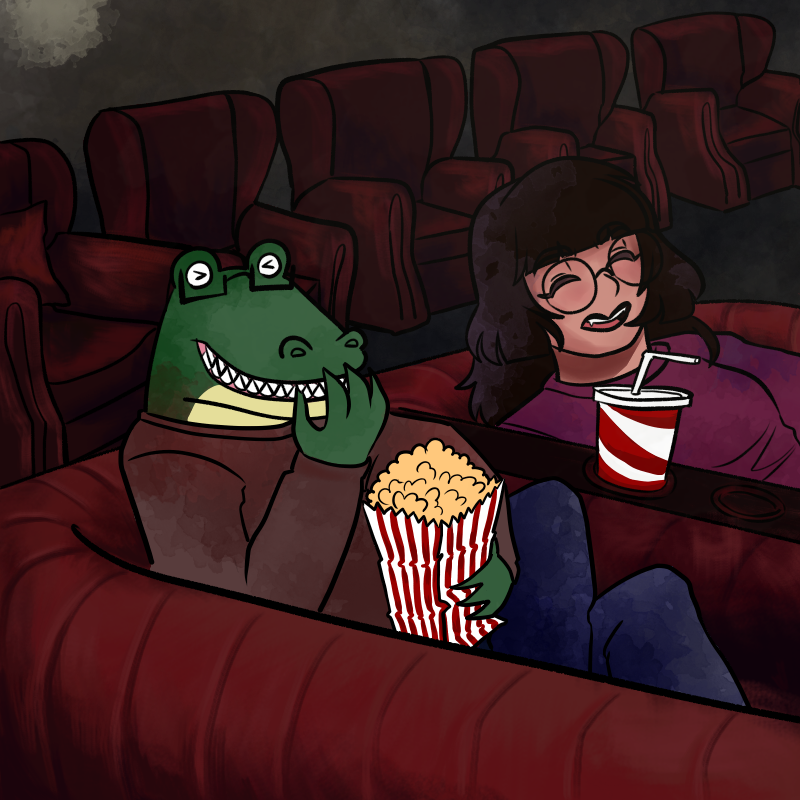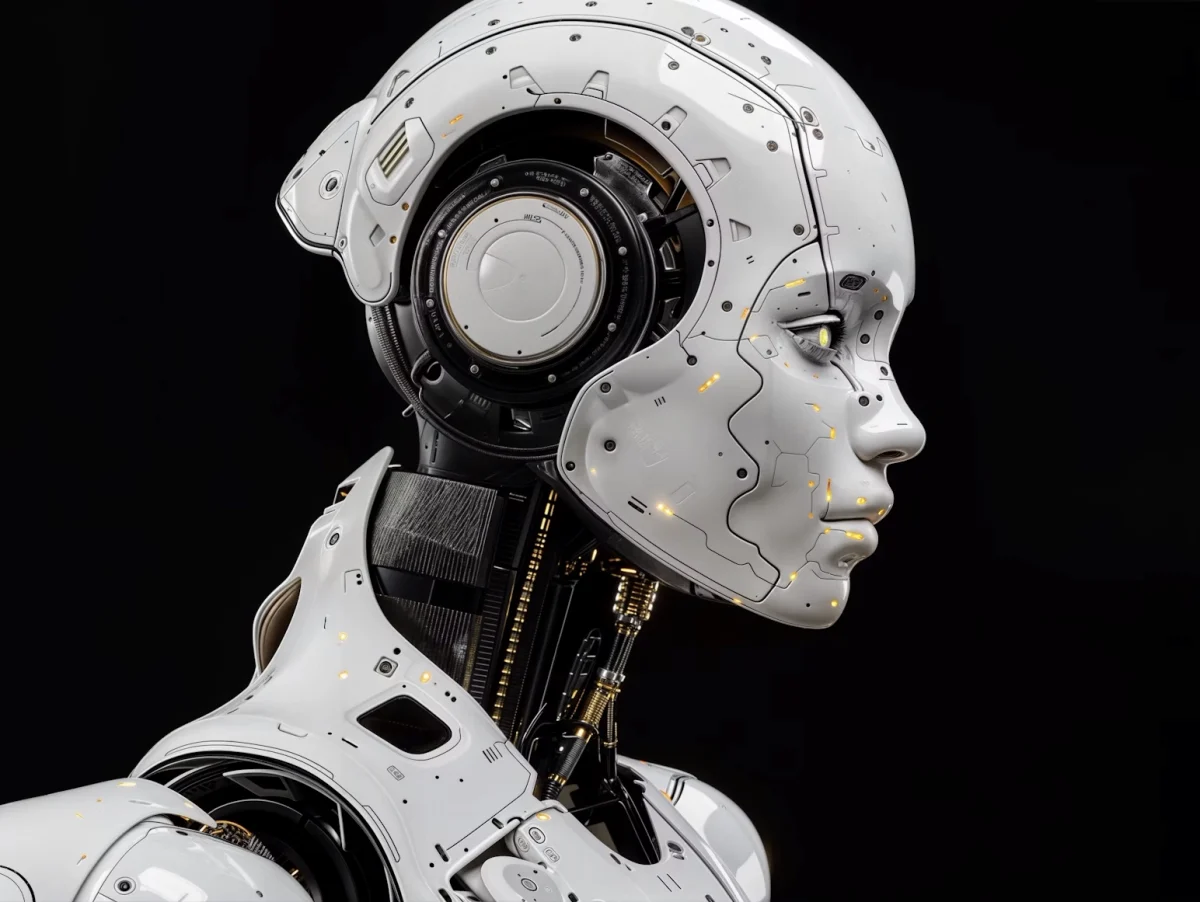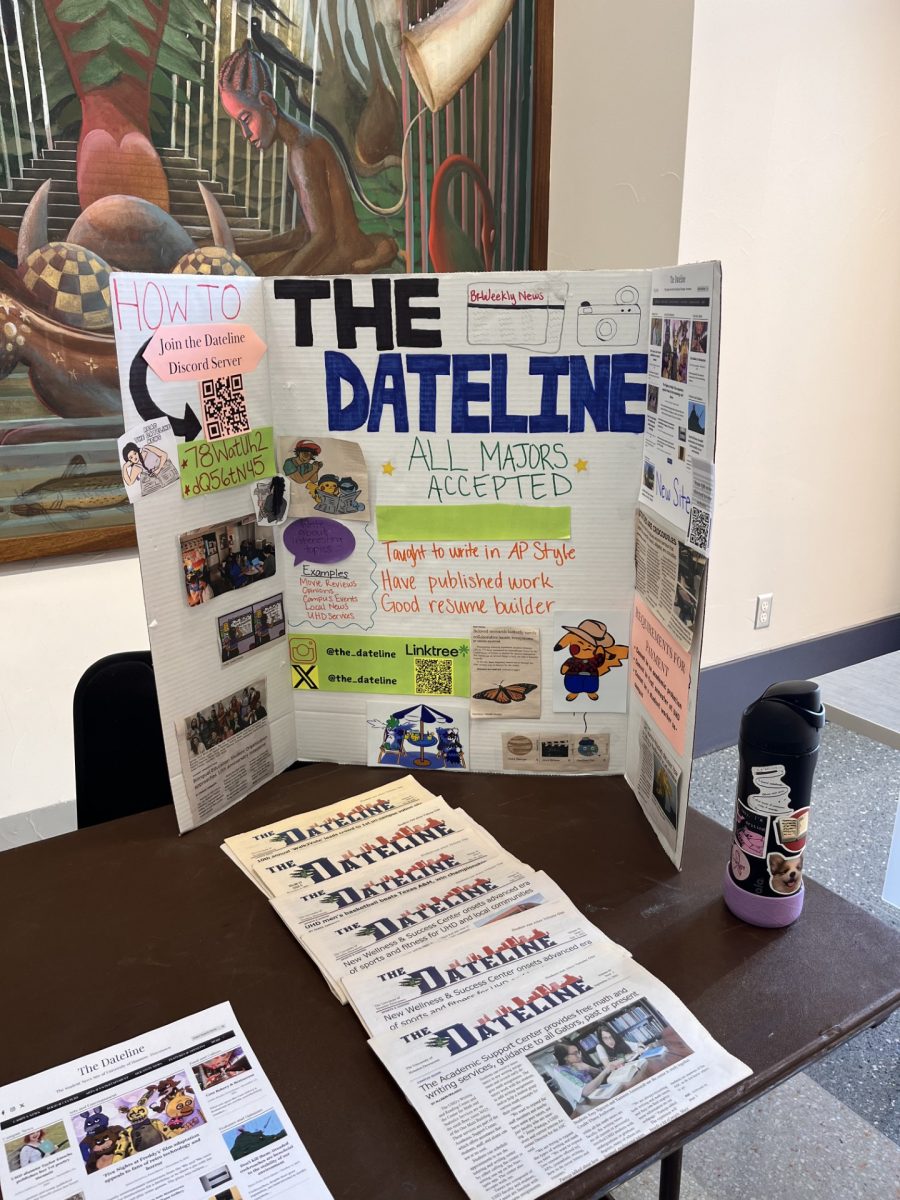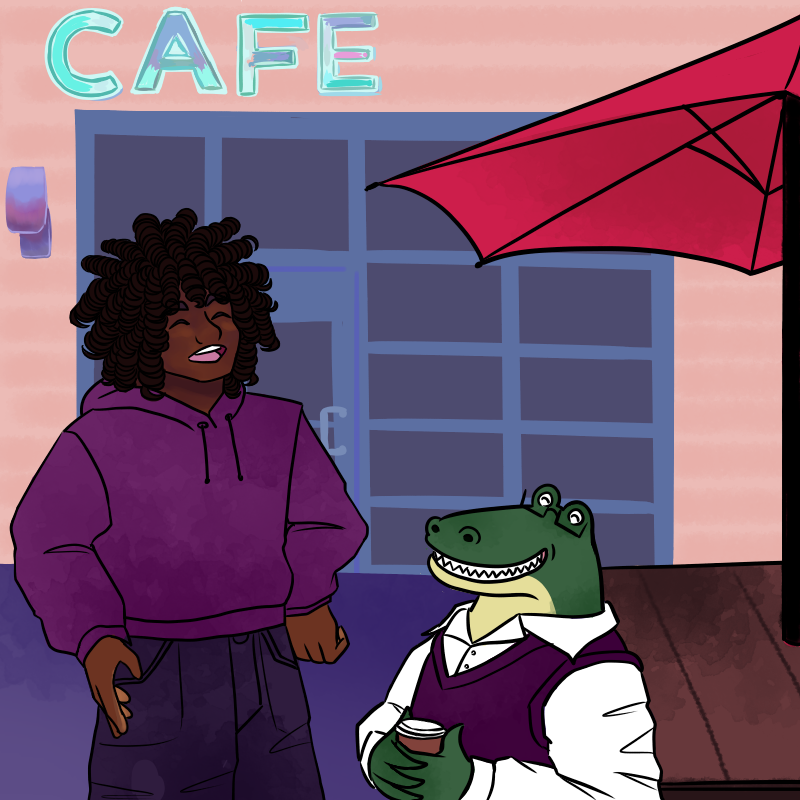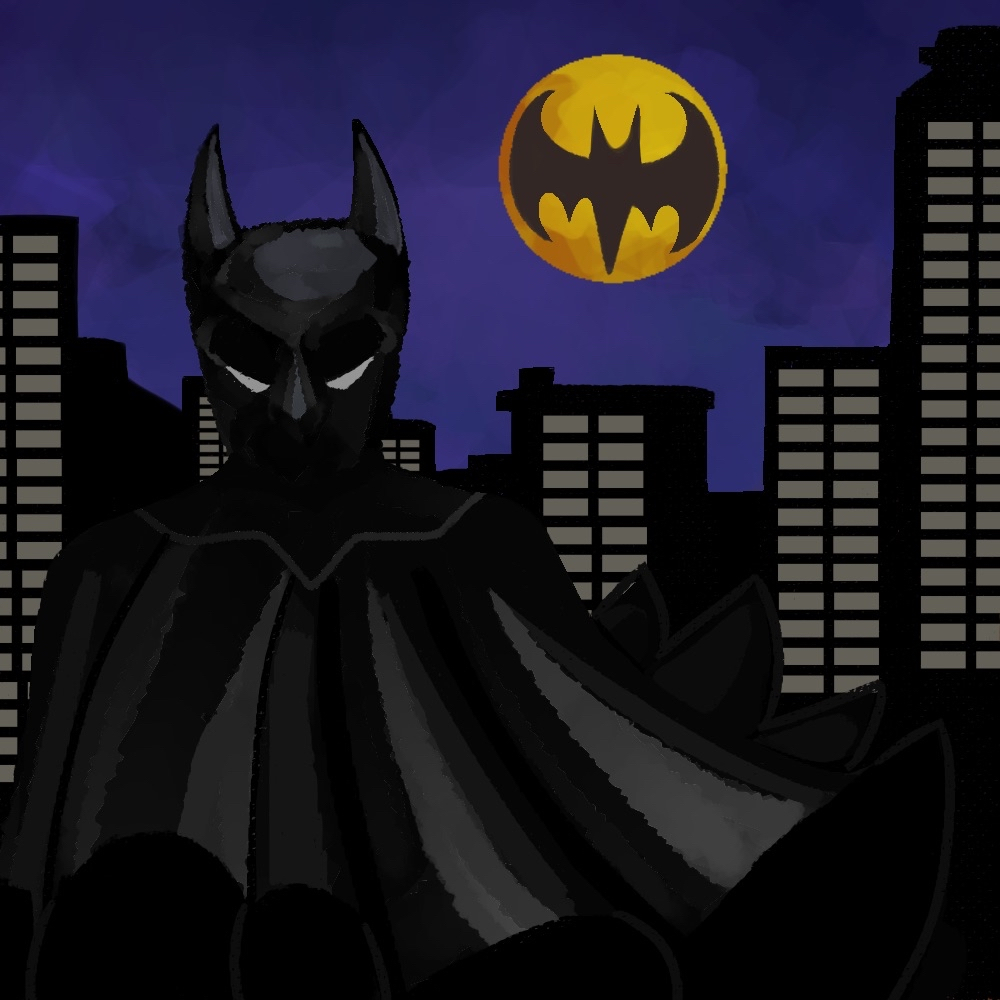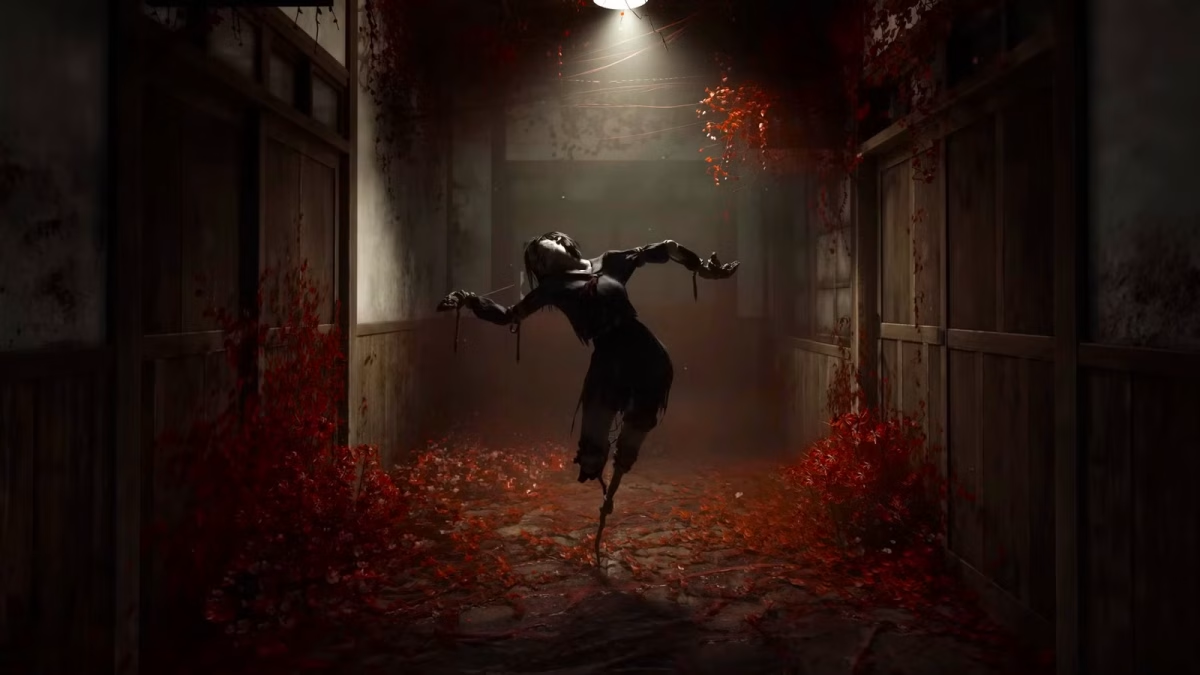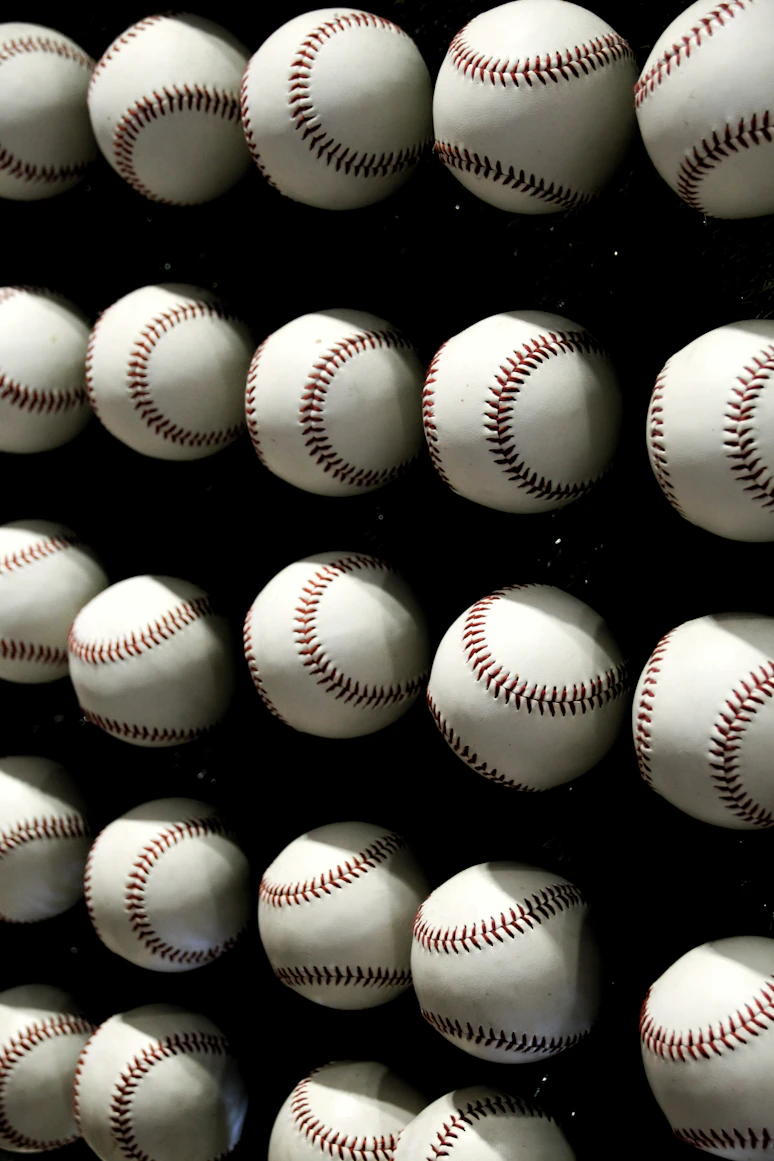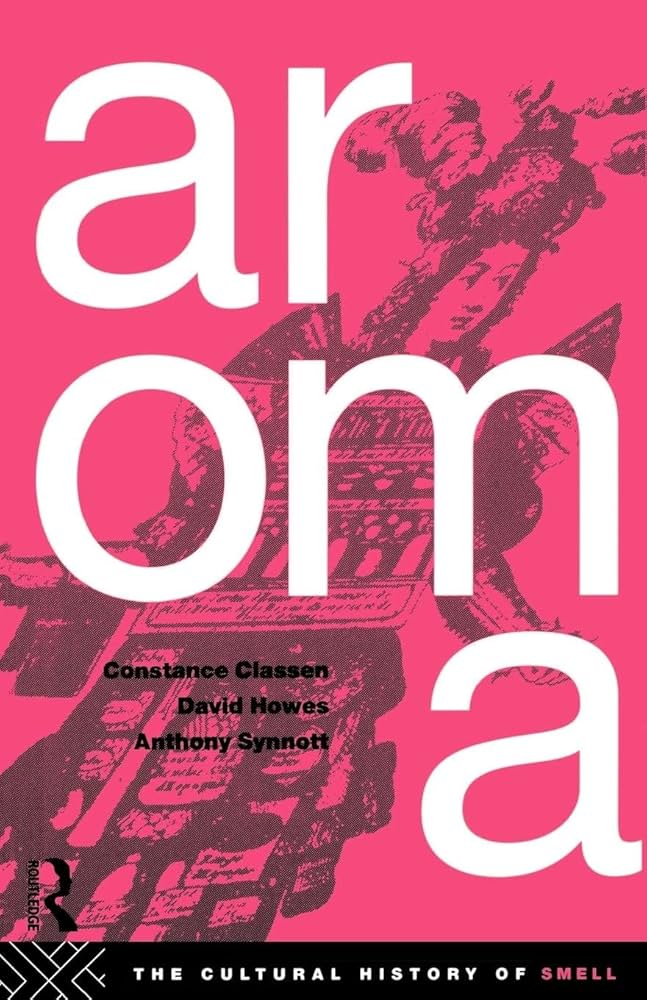The world is governed by algorithms that dictate choices, interests and schools of thought. The cyborg-like themes of dystopian novels have proven paradoxical: The human has become the vessel for technology-driven aims, and robots aren’t necessary to some extent.

While people ruminate that the humanities will be overtaken by artificial intelligence, studies show otherwise, pointing to how the human mind operates and thrives on reading. From the ancient Greeks and Romans, who first used writing as a record, to contemporary literature, the humanities have proven to be a promising form of empathy training. When reading fiction, we learn to embody another’s mind, visualize worlds we willl never touch and preserve emotional intelligence that technology fails to replicate.
Psychologists, Raymond Mar and Keith Oatley, at the University of Toronto found that people who read literary fiction have higher aptitudes for empathy and “theory of mind,” or TOM. TOM is a coined psychological term to describe the brain’s built-in empathy machine that allows one to imagine the feelings of others. Another 2013 scientific study from David Kidd and Emanuele Castano shares a similar hypothesis, asserting that readers of literary fiction psychologically engage with characters’ subjective experience.
The findings show that literature surpasses entertainment and is a social necessity as our community moves toward isolated, individualistic ideals. The ability to perceive another’s humanity strengthens the emotional muscle to build community.
In Sherry Turkle’s book “Alone Together”, she explains how technology is imitating social connections, bypassing the time and patience of real connections demand. Reading fiction, on the other hand, is a slow process, requiring us to experience contradictions, silence and uncertainty — all of which make us human and bolster connections with others.

“We expect more from technology and less from each other,” remarks Turkle in her book.
Literature and art capture emotions that humans seek to be recognized, those that are absent in a cyber-network. Aristotle mentions this catharsis in “Poetics” — the need for emotional release through art that mirrors what lies in the depths of the subconscious. In “What Is Literature?”, Jean-Paul Sartre posits literature as a freedom in which the reader participates in his own creation alongside the writer through the faculty of imagination.
In an age that prizes technological calculations, art continues to console.

